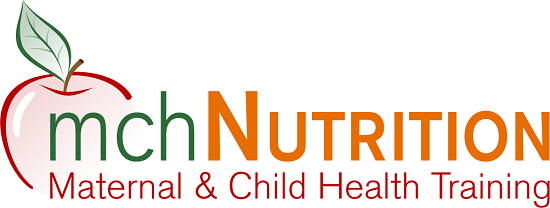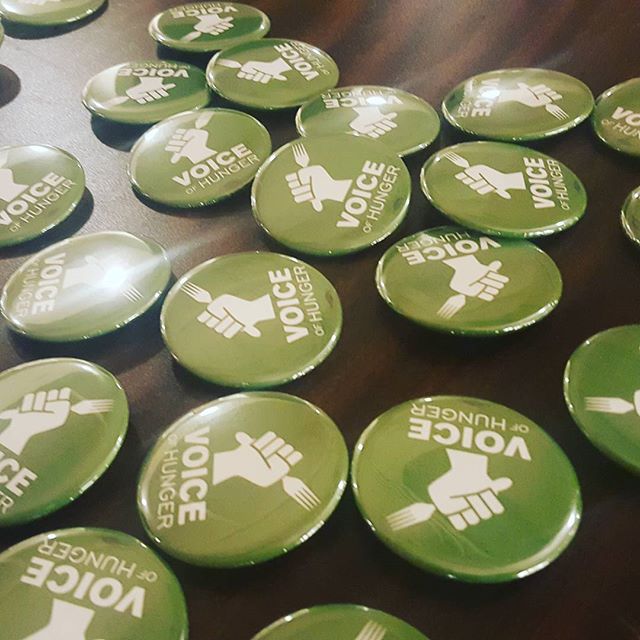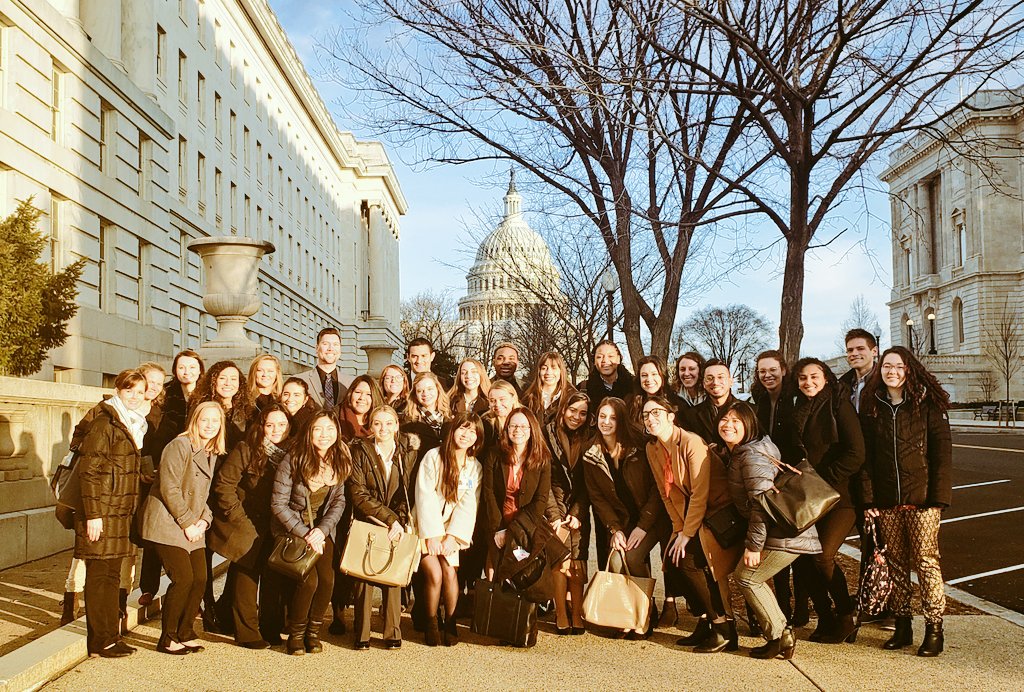UTK Trainee Spotlight: Candace Sapp
Hi everyone, my name is Candace Sapp and I am the newest MCH Nutrition Leadership Trainee for the University of Tennessee, Knoxville. I am so excited to be a part of a team and network that are passionate about advocating for optimal health and quality of life for women, children, and families.
I am a first year doctoral student in the Nutrition Sciences department with a concentration in Community Nutrition. In addition to being a MCH trainee, I serve as a graduate assistant for the College of Education, Health & Human Sciences Office of Diversity, Equity & Inclusion where I work with the DEI Director to promote social justice for all members of the college community and specifically strive to increase recruitment and retention of students from historically underrepresented groups. My research interests lie at the intersection of implementation science and health disparities. I am interested in understanding the process and socio-ecological barriers to implementation and behavior change for currently existing childhood obesity interventions in minoritized populations. I am also interested in identifying factors associated with successful interventions. I hope that the best practices identified will lead to future innovation in program design and practice.
I received my Bachelor’s of Science in Food Science from Clemson University and my Master’s of Clinical Nutrition and Dietetic Internship from the University of Memphis. I have worked as a Registered Dietitian for over three years in community, school, and clinical settings. I look forward to gaining deeper leadership, theoretical, and research skills to combine with my practical experience and become an independent applied researcher.
I am eager to collaborate with fellow trainees and program leaders on different projects related to maternal and child health. Watching the planning process and execution of the Promoting Healthy Weight Colloquium 3.0 was a great learning experience. Listening and interacting with different speakers from various specialties share their passion about breastfeeding was invigorating and reminded me of the power of collaboration. I look forward to the next colloquium in the spring and other opportunities to champion health concerns especially for diverse communities. I appreciate the MCH Nutrition Leadership Trainee program because it seeks to not only develop knowledgeable practitioners and researchers but brave and compassionate leaders. I feel confident that I and other trainees will leave this program prepared to support and lead initiatives to dismantle health disparities related to nutrition.
In the spirit of learning and advocacy, I also look forward to spotlighting Indigenous practitioners and researchers who are doing important work in the fields of public health and nutrition as November is National Native American and Indigenous People Heritage Month. Tune in to the UT MCH Twitter page @UTmchnutrition to learn about the work being done by Indigenous people and how we all can support.
Candace Sapp, MS, RDN, LDN










You must be logged in to post a comment.